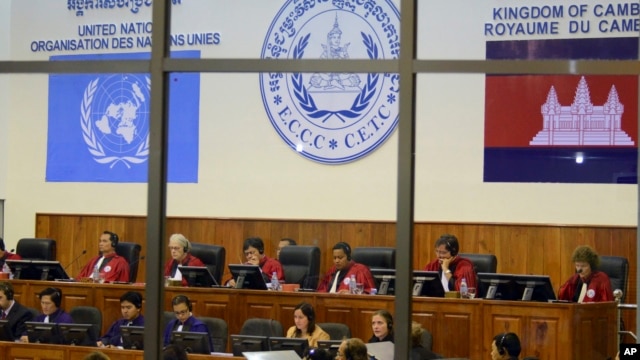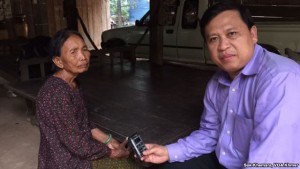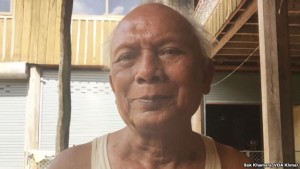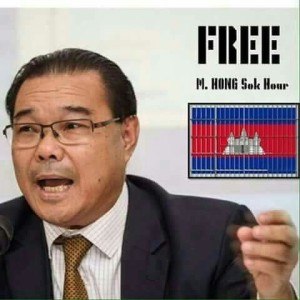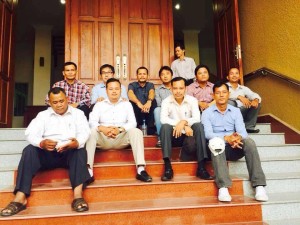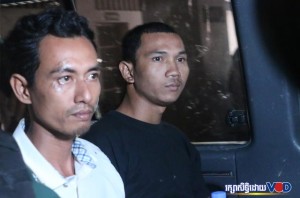Hun Sen takes one last shot at Todd
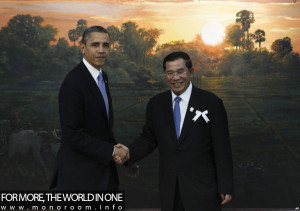 Boasting of his more than 30 years’ ruling Cambodia, Prime Minister Hun Sen said on Saturday that he could teach a thing or two to the West about running a country while managing demands for change.The premier, who is Southeast Asia’s longest-serving current leader, recalled a conversation he had with former United States ambassador William Todd as the diplomat prepared to leave Cambodia earlier this month.
Boasting of his more than 30 years’ ruling Cambodia, Prime Minister Hun Sen said on Saturday that he could teach a thing or two to the West about running a country while managing demands for change.The premier, who is Southeast Asia’s longest-serving current leader, recalled a conversation he had with former United States ambassador William Todd as the diplomat prepared to leave Cambodia earlier this month.
“I told him, have you forgotten who His Excellency [William Todd] is speaking with?
His Excellency is actually speaking with a professor who can teach him, his president, and the prime ministers of other countries about the issues that come with change,” Hun Sen said, speaking at a dinner held by an association of Cambodia’s most powerful tycoons on the capital’s Koh Pich, or Diamond Island.
“If I didn’t understand change and couldn’t control it, how would it be possible for me to stay in power for over 30 years?”
Hun Sen said he had grown weary of hearing calls for “change” from Western countries, mocking the US for the changes that had come about in some countries in the Middle East.
“I am tired of the advice of some countries telling Cambodia to change,” he said.
“I told [Todd] that because America’s inability to control ‘change’ in Libya, Syria, Iraq and Afghanistan, ISIS is now active.”
Hun Sen went on to say that Cambodia had undergone successful transformations without outside interference.

